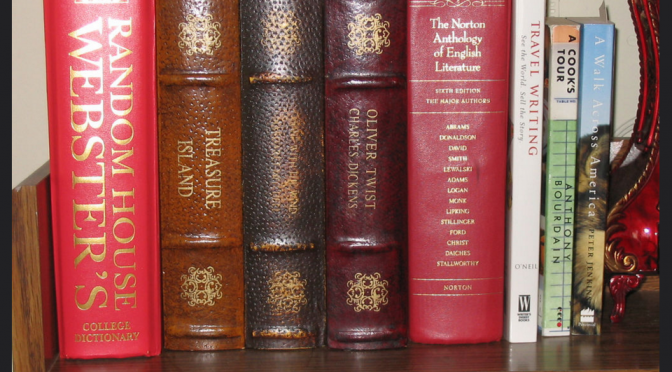Okay, so I’ve been watching this new TV show, Greenleaf, on OWN Network. I’m weeks late with all of this, and the season finale is this Wednesday, but I don’t care.
I’m so hooked. And from my real life perch, I gots plenty of judgments about them church folks.
I was first drawn to the show because it was about a mega church family and all of their goings-ons, some which I figured would be semi-sordid for a church family… But then again, they’re a bunch of frail humans, so I guess it’s not so sordid after all. These folks just happen to tote Bibles.
Quick-fast pilot overview
Grace Greenleaf, the drama’s central character. She traveled home to Memphis for her sister’s funeral.
Faith Greenleaf committed suicide.
Grace believes her mother’s brother, Robert “Mac” McReady molested Faith. Grace also thinks that violation or series of violations was why Faith killed herself at the serene-looking lake on the Greenleaf family estate. Grace was only coming to Memphis to bury Faith but decided to stay, hell-bent on getting that perv Uncle Mac in jail.
Then there’s Grace’s brother, Jacob, who doubles as a cheating husband to Kerissa… his ultra-ambitious and ultra, no-plank-having-in-the eye judgmental wife who wants him to rise up the ranks at Calvary, his daddy’s church. Kerissa is annoying, and had me wanting to smack her in this dinner table scene which, by the way, felt all to familiar to my church-bred tail.
Kerissa knows her Jacob has a side piece who keeps texting his phone. But she doesn’t know it’s Bishop Greenleaf’s admin assistant, Alexa the Trollop. But she isn’t a trollop on her own…
Continue reading Sin sizzles in new OWN mega-church drama










